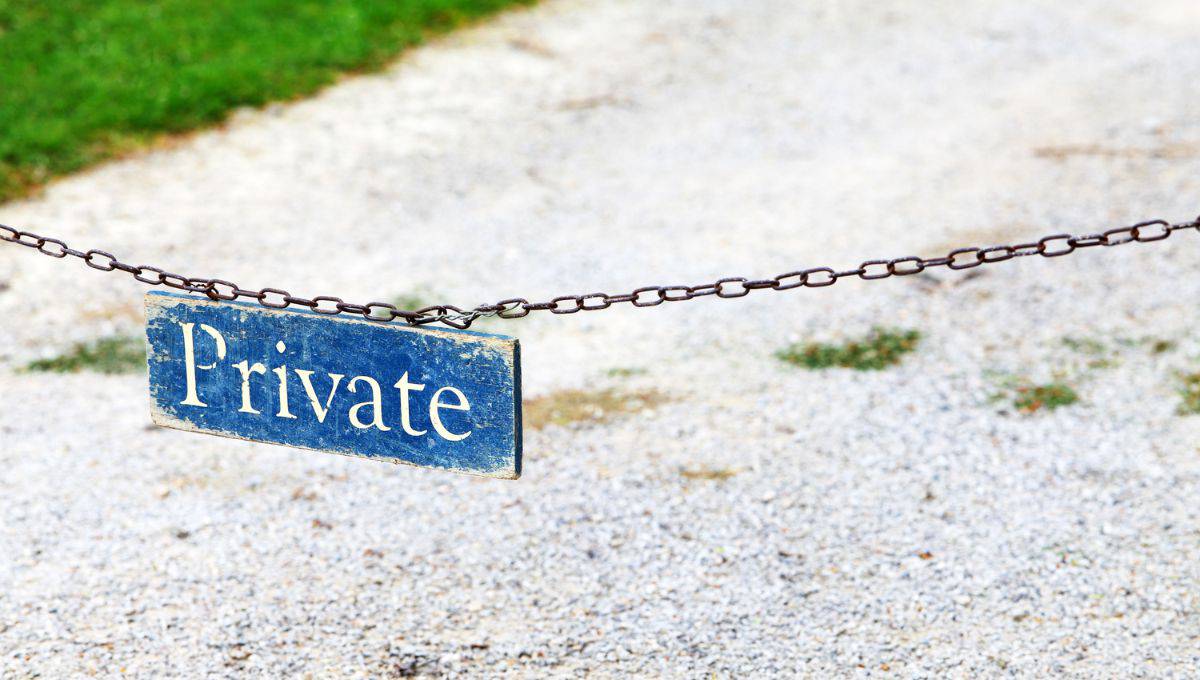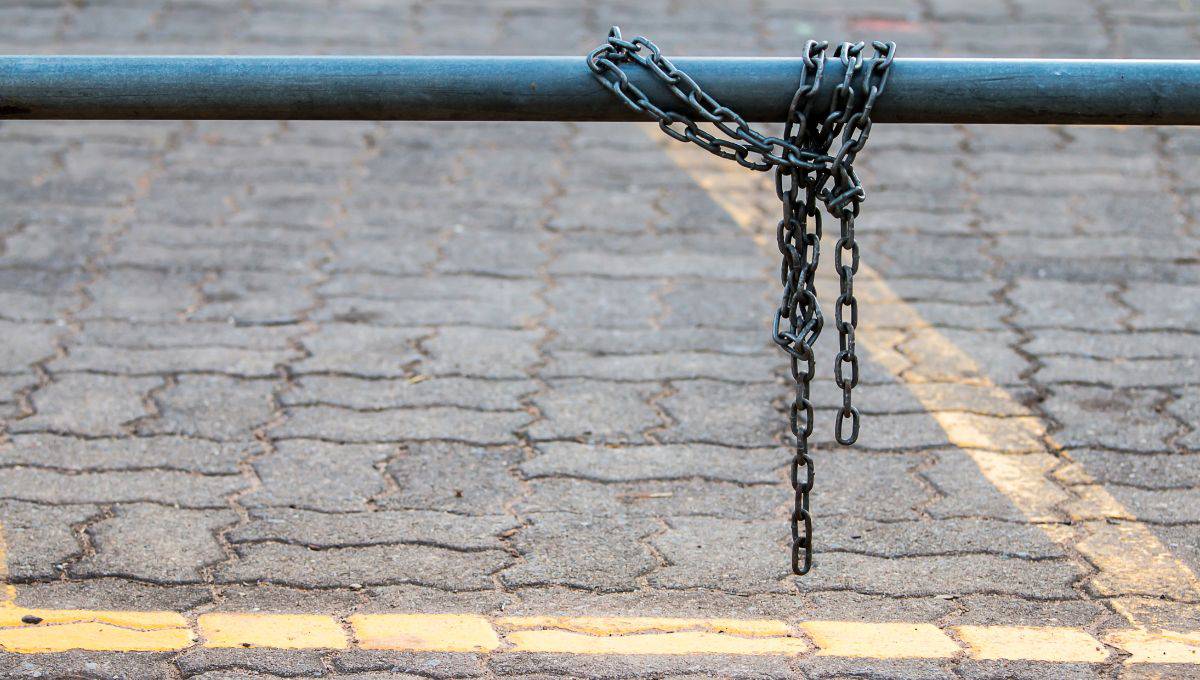Is it Legal to Put a Chain Across My Driveway? Know Your Rights!
When dealing with the matter of placing a chain across your driveway, it is a general stand that as a homeowner, you have the right to control access to your private property. However, this action comes with its own set of legal considerations. It is essential to be aware of your jurisdiction’s laws regarding this measure as it relates to trespassing and potential liability. In some states, you may need to provide warnings even to trespassers, except in certain situations like setting traps which is universally prohibited.

Installing a chain across your driveway can act as a deterrent to unauthorized vehicle access and can be an effective way of asserting your property boundaries. Yet, it’s important to note that taking such a step may require careful implementation to ensure the safety of others and to uphold legal standards. Consulting with a legal professional before making any modifications can provide clarity on how to proceed without inadvertently breaking local laws or creating hazards.
Key Takeaways
- You have the right to control access to your private property.
- Legal awareness of your state’s trespassing and liability laws is crucial.
- Consult a legal professional before modifying your driveway access.
You may also like our article titled,
9 Ways To Get People To Stop Turning Around In Your Driveway!
Legal Considerations for Securing a Driveway
Before adding a chain or fence across your driveway, it’s essential to understand legal concerns, such as property rights and compliance with local laws, to avoid potential liability issues.
Property Rights and Trespassing Laws
Your property rights generally allow you to secure your driveway to prevent trespassing. It’s legal to erect barriers like a chain or fence as long as they don’t breach local regulations or create a public nuisance.
Installing no trespassing signs can serve as an additional deterrent and legal protection, clearly marking private property boundaries.
However, if any confrontation arises due to the barrier, contact law enforcement rather than engaging directly to minimize the risk of liability.
- Key points to consider:
- Securely fasten posts to support the chain or fence.
- Clearly display no trespassing signs to announce private property.
- Do not block public access ways or create a safety hazard.
Local Ordinances and Permits
Before installing any structure, check your city‘s ordinance codes and acquire any necessary permits.
Some local governments have specific requirements for the visibility, height, and material of a driveway barrier. Breaching these regulations could lead to fines or a mandate to remove the structure.
Additionally, consider consulting a legal professional to address any legal questions and ensure that your security measures comply with local building codes and regulations.
- Necessary actions include:
- Research local ordinances and regulatory restrictions.
- Acquire appropriate permits if required.
- Ensure the chain or fence adheres to safety standards to minimize liability.
By understanding the legal context and preemptively addressing these factors, you can safeguard your property while upholding the law.
Implementation and Alternatives
When considering the legality and practicality of placing a chain across your driveway for security, it’s crucial to think about both the installation and maintenance of the chain as well as alternative security measures that may be less intrusive or hazardous.
Installation and Maintenance of Chains
To properly install a chain across your driveway, you need to set sturdy posts on either side that can support the chain.
Choose a durable, weather-resistant chain that can withstand repeated use and exposure to the elements.
Pair the chain with a reliable padlock to prevent unauthorized removal. Regular maintenance checks are essential to ensure the chain remains in good condition and is not creating a safety hazard.
Installation Checklist:
- Erect two robust posts at the edges of your driveway.
- Attach a weather-resistant chain to both posts.
- Secure the chain with a heavy-duty padlock.
- Perform routine maintenance to check for wear and tear.

Alternative Measures for Driveway Security
Several alternatives exist for securing your driveway that avoid the potential problems of a chain. Security gates serve as a strong deterrent and provide controlled access to your driveway.
You may also consider traffic cones or warning signs to direct the flow of traffic and indicate private property.
Employing the services of a towing company for enforcement is another option, particularly effective in dealing with unauthorized parking.
If you’re dealing with neighbors or other vehicles using your driveway without permission, clear communication combined with visible security measures like signs may alleviate the stress and reduce the likelihood of unwanted intrusion.
Alternative Options:
- Install a locking security gate.
- Use traffic cones to discourage entry or turning.
- Post warning signs about private property and potential towing.
- Contract with a towing company for enforcement.
When implementing any security measures, be aware of local laws and any easements that might affect your legal right to restrict access to your property.
Related Reading
- Is it Legal to Put a Chain Across My Driveway?
- Deterrents Parking in Front of House
- Are Amazon Drivers Allowed to Pull in Your Driveway?
- The Self-Sufficient Life and How to Live It: Book Review
- 9 Ways To Get People To Stop Turning Around In Your Driveway
- Is Turning Around in Someone’s Driveway Trespassing






